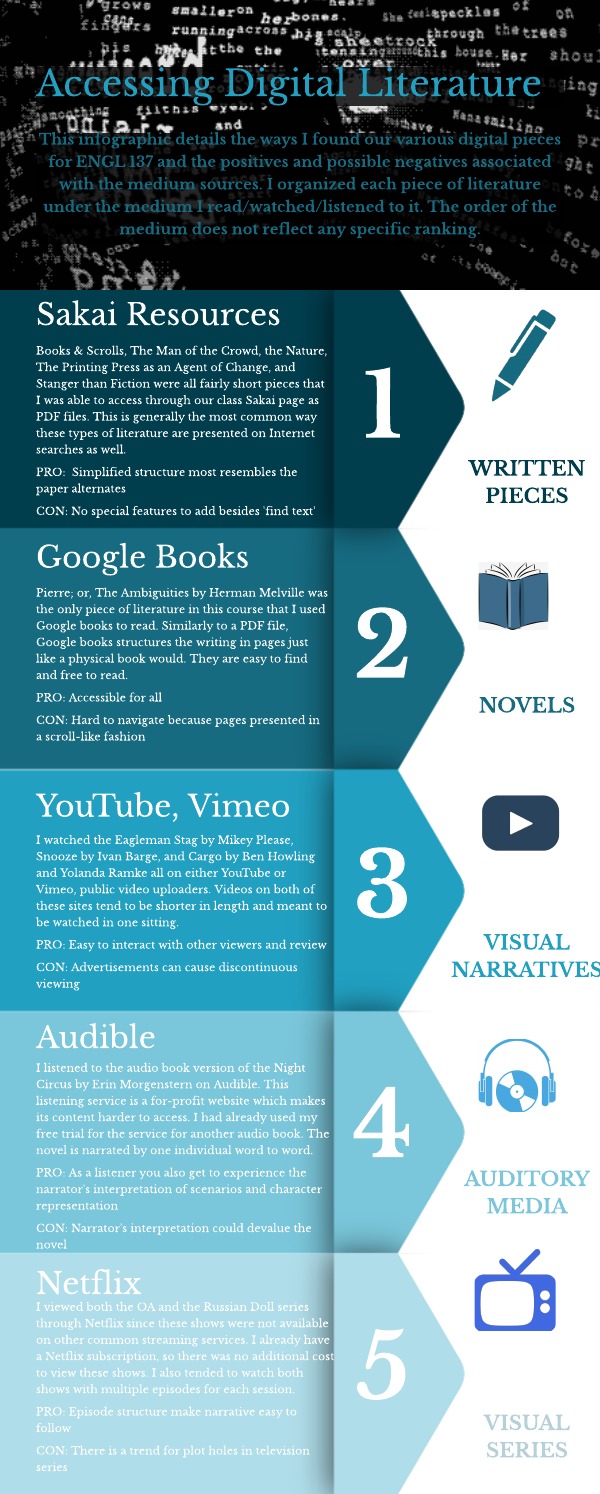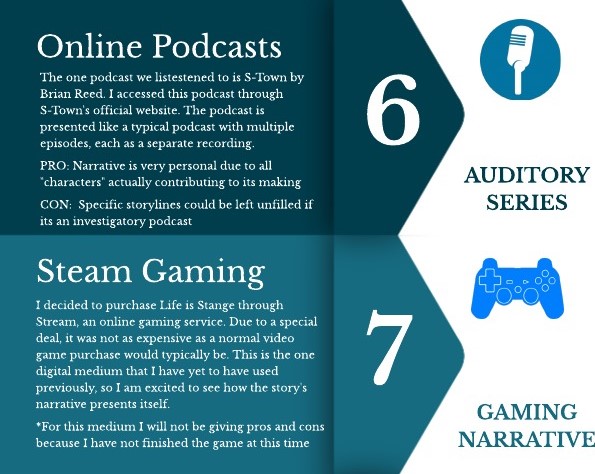The premise of the Russian Doll narrative follows the classic groundhog day situation where the a person gets stuck in a loop repeating the same day. Russian Doll could very easily have been a boring reincarnation of this idea, but it’s not. This series focuses more on character development than just the normal arch of becoming a better person. I also love the angle of having two individuals, Nadia and Alan, going through this journey together, but having to overcome their own past struggles and crisis individually. I think it was really creative to have Nadia and Alan cross paths and be put in a situation where they have to help each other become a better person, instead of going through a time of self-realization alone.
As a viewer, what I found more confusing was how Nadia’s and Alan’s timelines changed at the end of the season. My interpretation of the ending is that the first time that both Nadia and Alan are able to confront their own issues, they had their final death. Nadia’s is more evident because it is right when she approaches the kid for lunch with the book, a sign that she can move forward as see herself as a role model, unlike her own mother. Alan had his moment when he confronted his girlfriend with Nadia’s help and is able to stay calm about his relationship ending. The one issue with this is that this imperative moment for Alan’s character development happens before Nadia’s, even though they both die when Nadia starts coughing up blood, representing “her being inside her”.
Another element that I found interesting but also hard to analyze is the significance of Horse, the homeless man that appears in both Nadia’s and Alan’s lives repeatedly. Horse stands out out of all the supporting characters for not only being mysterious, but also for clearly having a symbolic meaning that is hard to decipher. The first time I noticed this as a viewer was when in a flashback, Nadia’s mom mentions how beautiful Nadia’s hair is and how its a representation of the weight her mother has on her. This made me realize how significant it was that Horse wanted to cut Nadia’s hair multiple times. It seems like Horse serves as a guide when Nadia and Alan are most lost in their struggles to face and overcome their past struggles and fears.
Overall, I would rate Russian Doll as a series as an 8/10. Even though it is based on a literally repetitive and overdone concept, the way its created goes beyond magical realism and tests of time, making Russian Doll an addictive and unpredictable show. I would definitely recommend!





